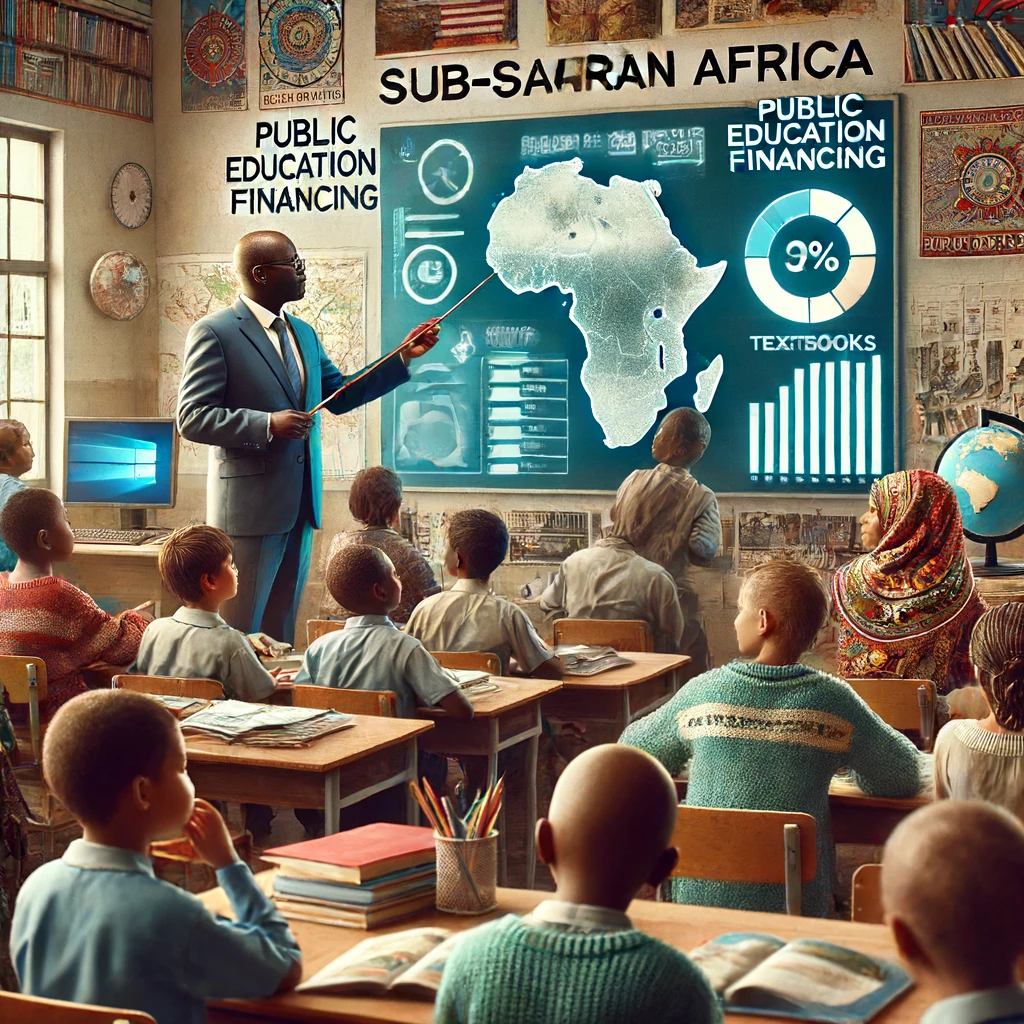While 250 million children worldwide lack access to education, a new UNESCO report, "The Price of Inaction: The Global Private, Fiscal and Social Costs of Children and Youth Not Learning," provides the first comprehensive analysis of the economic and societal impact of educational deficiencies. UNESCO Director-General Audrey Azoulay urges Member States to swiftly address the "vicious circle" of school drop-outs.
Despite education being declared a "universal human right" in 1948 and reaffirmed as a Sustainable Development Goal in 2015, 70% of 10-year-olds in low- and middle-income countries are unable to understand a simple written text. The report reveals that educational gaps could cost the global economy $10,000 billion annually by 2030, a figure exceeding the combined GDPs of France and Japan.
Conversely, reducing the number of early school leavers or those lacking basic skills by just 10% could boost annual GDP growth by 1 to 2 percentage points, highlighting education as a crucial investment. The report also warns of severe social repercussions: educational gaps correlate with a 69% increase in early pregnancies among young girls, while each additional year of secondary education lowers the risk of girls marrying and having children before 18.
10 Recommendations for Quality Education for All
At a meeting of education ministers at UNESCO headquarters in Paris, Audrey Azoulay and Chilean President Gabriel Boric, co-chairs of the High-Level Steering Committee for Quality Education for All, urged the 194 UNESCO Member States to transform education from a privilege to a universal right. Azoulay emphasized education as vital for addressing contemporary challenges, from poverty to climate change.
To achieve universal quality education, the UNESCO report offers 10 recommendations:
Guarantee Free Education: Ensure free, publicly-funded schooling for at least twelve years for every child, starting with investment in early childhood education to combat inequality from the earliest stages.
Establish Second-Chance Programs: Provide opportunities for young people who missed out on quality education or had their education interrupted.
Create Safe, Inclusive Learning Environments: Ensure schools are safe, inclusive, and accessible, with short distances between homes and schools, especially in disadvantaged areas. Schools must have water and sanitation facilities.
Maintain Small Class Sizes: Ensure small class sizes and employ qualified, motivated teachers who support all students equitably, with particular attention to gender equality.
Promote Community and Parental Involvement: Sensitize local communities and families to the importance of completing a full education cycle and involve parents in school activities and management.
By following these recommendations, UNESCO aims to break the cycle of educational deprivation and foster a more equitable and prosperous global society.











